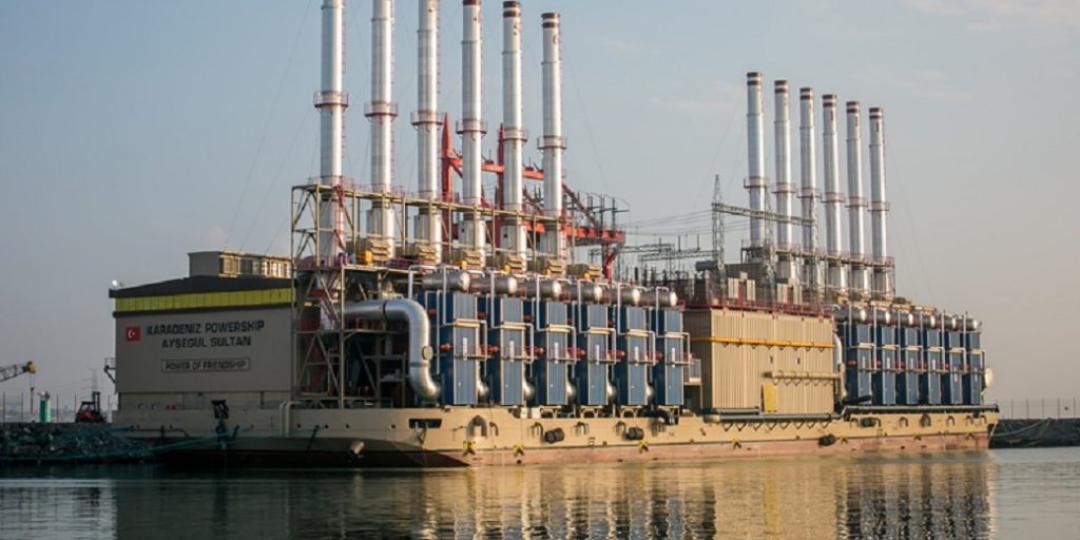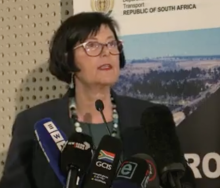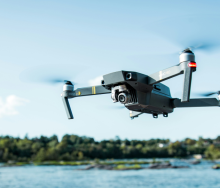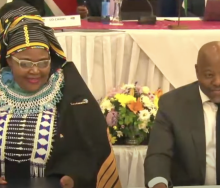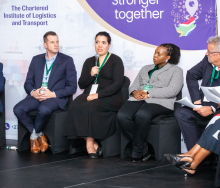The DA has submitted a PAIA (Promotion of Access to Information Act)application to Minister of Transport, Lydia Chikunga, requesting her to provide the record of decision that led to her issuing a special directive to dock three Karpowerships at Ngqura harbour for the next 20 years.
The section 79 directive requires Transnet National Ports Authority to provide harbour space for the three Turkish-owned gas-to-power Karpowerships for the period.
DA spokesperson for mineral resources and energy, Kevin Mileham, said the vessels would cost taxpayers R200 billion.
“With these ships expected to produce only 1 200 megawatts, which is equivalent to one stage of load-shedding, this is definitely not value for money,” Mileham said.
The record of decision that the DA is requesting through the PAIA application includes a request for information on:
- The criteria Chikunga used to issue an expedited section 79 directive to the TNPA to provide harbour space for Karpowerships
- A record of the objections that were reportedly raised by TNPA and why they were discarded
- A record of minutes for meetings that Chikunga had with Cabinet colleagues before a decision was taken to issue the directive.
“The ANC government appears to be in a hurry to tie South Africans to a ridiculous contract that will not put a dent in the ongoing electricity generation deficit. Perhaps even more alarming is that the Karpowership company failed to reach financial close within the specified deadline, but this was now being deliberately overlooked to ensure that their three power ships are moored in South Africa’s harbours at any cost,” Mileham said.
He added that their failure to reach financial close on time raised questions about “how the rules have been bent to accommodate Karpowerships – to the detriment of any other potential bidders who were excluded initially”.
“A 20-year energy contract is not emergency procurement but an evergreen windfall to rip billions from the country. At best, the Karpowerships contracts should only be five years and only renewed depending on need,” he said.
Liziwe McDaid, spokesperson for The Green Connection, which has opposed the use of the vessels for environmental reasons, said the decision to dock the vessels was not an approval of the power service.
The electricity generation licence is under review by civil society organisations – Outa and also The Green Connection.”
She said the pricing for electricity from Karpowerships was linked to the dollar/rand exchange rate and international gas prices.
“It is, therefore, critical that the people fully understand the costs before we can agree to anything,” she said.
“I do not think that Karpower is coming here anytime soon … it is not going to help us with load-shedding this winter because of the time it will take to get the required approvals, and if successful, to set up operations. Karpower is not the emergency solution the country needs. What we need now is short-term South African-based electricity generation that can contribute to the grid very speedily,” she added.
